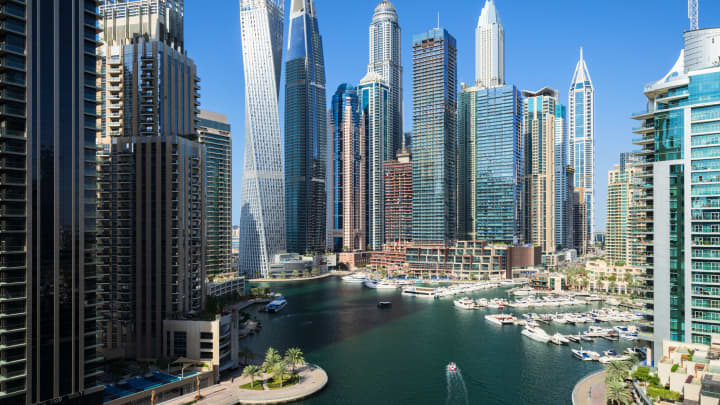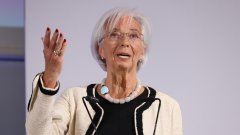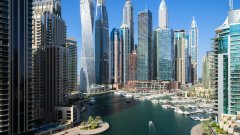
"The Dubai property market is doing extremely well, and I think we're going to continue to do well, because the demand in Europe is amazing," Sajwani said. "Everybody wants to go to Dubai, from the taxi driver to the waiter to the businessman ... Dubai now is attracting a lot of not only wealthy people, but a lot of talented people. And it's growing in a different level from pre-Covid."
The Damac founder noted the way in which the Covid-19 period supercharged Dubai's popularity as a place to live: while much of the world remained in lockdowns, the emirate encouraged tourism and attracted new residents with the help of visas for remote workers and entrepreneurship.
"Dubai today is a global city, by all means, and attracting a lot of talent and a lot of businesses, we're going to continue to grow," Sajwani said.
Dubai has experienced a volatile boom-and-bust cycle in the past, most notably during its 2008-2009 crisis period, when the emirates' property market crashed, and numerous investors had to default on their debts. Asked if he was worried about a similar cycle repeated itself, Sajwani expressed confidence that the system was different now.
Asked if Dubai is more stable now, Sajwani replied: "100%."
"One of the key reason for that is that the regulations the Dubai government brought in after [the] '09 or '08 crash has been very good regulations. Very, very strict on developers, on customers, and on zoning," he said. "So that regulation is helping — not everybody just can come and enter the market and just launch a project ... There is very strict escrow, so the customer's money is very much protected, and that's what makes the market very efficient."
Correction: This article's headline has been updated to reflect Hussain Sajwani's title as chairman of Damac.




